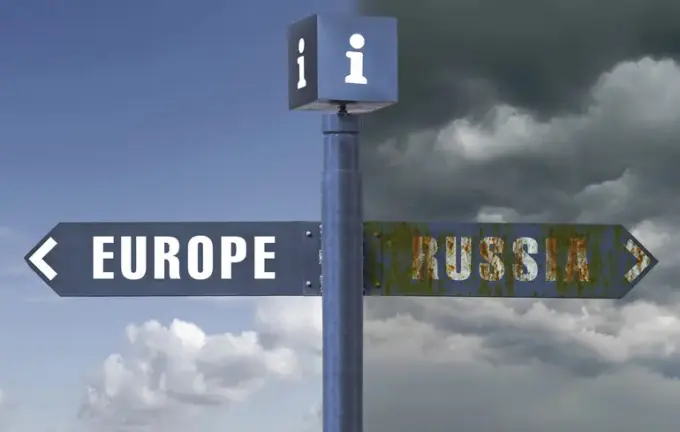Extensive Support of Russia’s War by German Companies: Hidden Sanctions Loopholes and Their Implications

Despite the ongoing war between Russia and Ukraine and targeted international sanctions, increasing evidence shows that a significant number of German enterprises continue their operations in Russia, formally violating sanctions restrictions and practically supporting the Kremlin’s military economy.
According to Euronews, at least 248 such companies are exploiting various loopholes and legal nuances to bypass restrictions.
This means that although their activities might be legal on paper, their contribution to Russia’s war machine is undeniable, as they pay billions in taxes to the Russian budget.
Studies by the Kyiv School of Economics and the Squeezing Putin initiative reveal that in 2024, foreign companies remaining in Russia paid over $20 billion in taxes alone, with the total amount since the full-scale invasion surpassing $60 billion—almost half of Russia’s military budget for 2025.
Notably, German firms such as Hochland and Knauf are highlighted.
Hochland, a cheese manufacturer with three factories in Russia, refuses to sell its business despite considerable losses, citing responsibility to its employees and a commitment to assist Ukraine through production and infrastructure support.
Similarly, Knauf, involved in rebuilding damaged facilities in Mariupol, denies any ties with the Russian military and seeks options to leave the market altogether.
Meanwhile, the annual turnover of German companies in Russia is estimated at approximately $21.7 billion, with 55% of firms that operated before the invasion still remaining in the country.
Experts warn that their activities do not just fill Russia’s coffers but also strengthen its industrial chains and military-technological capabilities.
They urge international businesses to cease all operations in Russia, as their continued presence fuels the ongoing conflict by financing purchasing of weapons and drones.
Despite EU sanctions introduced in 2014 and reinforced after the invasion, their effectiveness is limited due to the participation of foreign firms that remain active, earning billions.
Calls are growing for drastic measures, including the complete withdrawal of business from Russia to reduce the flow of wartime funds.
Additionally, discussions are underway in the US regarding possible restrictions on Russian oil giant Rosneft’s assets in Germany, which could reshape the current landscape of sanctions enforcement.

